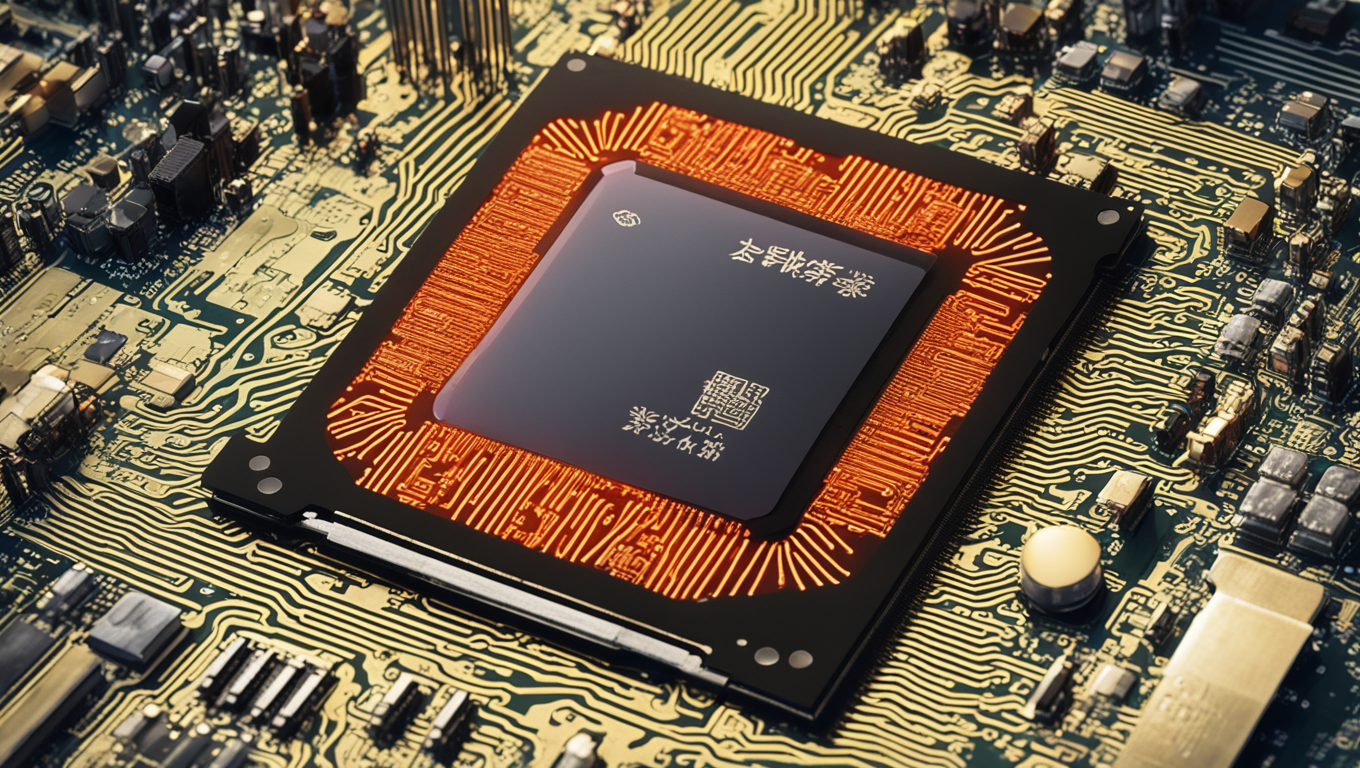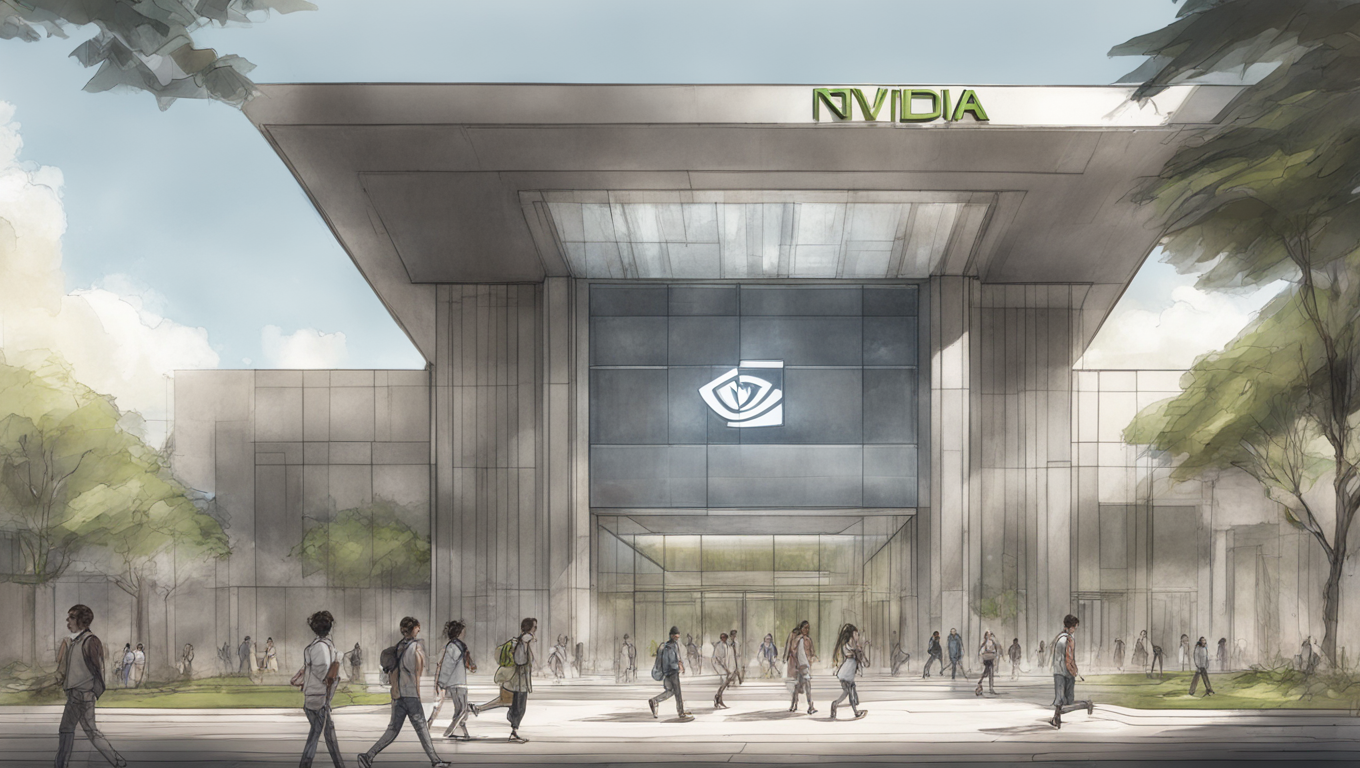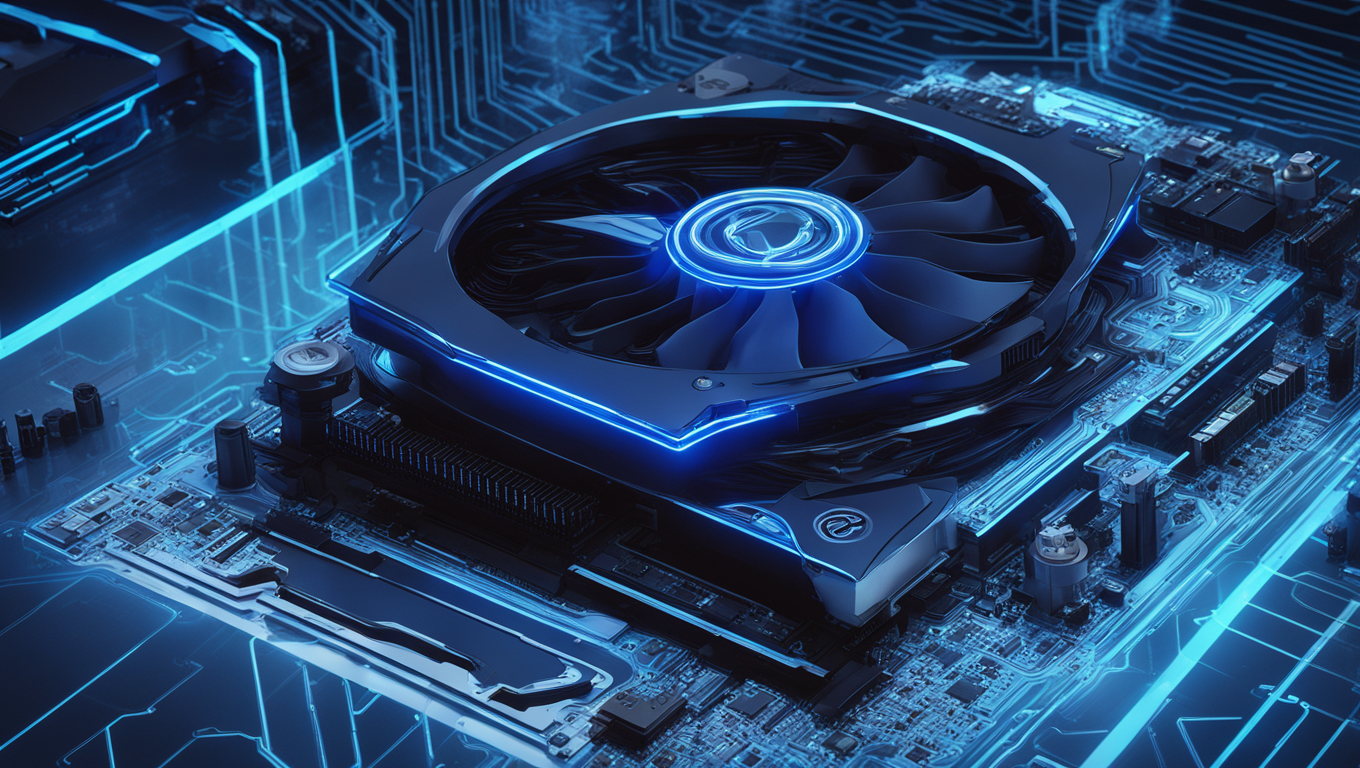Chinese Companies Seek Domestic Alternatives as US Sanctions Disrupt Nvidia Chip Supply
In a move that further adds to the ongoing tensions between the US and China, Chinese companies have lost access to a major distribution channel for Nvidia processors. This comes after the US blacklisted Sitonholy (Tianjin), a leading reseller, for allegedly assisting China’s military in acquiring AI chips. The US government’s decision aims to curb the development of artificial intelligence in China while also pushing Chinese businesses to seek local alternatives.
Kevin Kurland, an export enforcement official at the US commerce department, stated during a Senate subcommittee hearing that the blacklisted firms were “involved in providing AI chips to China’s military modernization programs” and military intelligence users. The Chinese commerce ministry condemned the US sanctions, describing them as “abusive” and “a weaponization” of export controls.
Sitonholy, one of the key providers of Nvidia data center product solutions in China, has long maintained strong sales and franchise rights as an “elite-level” distributor. However, being blacklisted by the US effectively ended their distributorship of Nvidia products. Consequently, the company has had to turn to domestic alternatives, selling mostly Chinese chips moving forward.
Nvidia, on the other hand, has tried to provide replacements for its China-based clients. While they are prohibited from exporting their A100 and H100 data-center GPUs to China, which are highly valued for AI training, Nvidia has introduced new options such as the H20, L20, and L2 GPUs. However, the blacklisting of Sitonholy means that Nvidia’s products are no longer available through that channel.
As a result, Sitonholy has turned to distributing Huawei Technologies' Ascend 910B AI chips, which serve as an alternative to Nvidia’s A100 GPUs. Additionally, they offer Huawei data-center solutions like the Atlas 800I A2 inference servers. Tests have shown that the Huawei 910B is capable of performing at approximately 70% of the level of Nvidia’s A100.
It remains unclear whether Nvidia will fulfill orders that were placed through Sitonholy before the company was blacklisted. The South China Morning Post was unsuccessful in reaching Sitonholy for comment. However, this incident signifies China’s ongoing efforts to reduce its reliance on foreign chips and software in order to protect national and industrial security. Huawei has emerged as a crucial supplier in this endeavor, defying US sanctions by releasing a 5G smartphone equipped with a 7-nanometer-grade mobile system-on-a-chip manufactured by Semiconductor Manufacturing International Corporation (SMIC), a Chinese foundry.
It is worth noting that Huawei and SMIC are just two among the more than 600 Chinese companies that have been added to the US export control lists, which restrict American suppliers from shipping goods and technologies to these entities without special permission. This situation highlights the growing tensions between China and the US, as well as the potential impact on the global tech industry.





Use the share button below if you liked it.